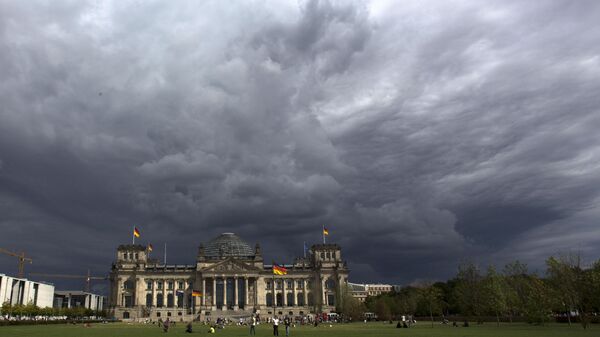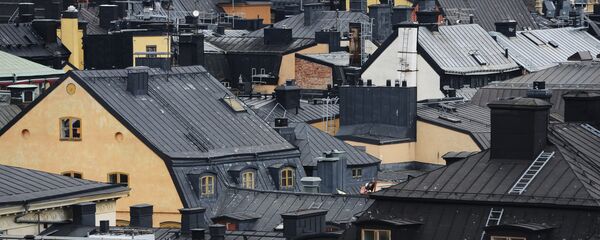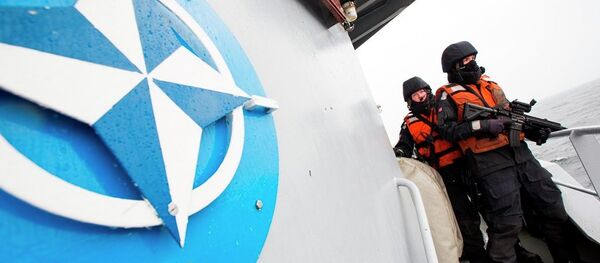It has become customary to invoke the supposed threat emanating from Russia in the West and Germany is no exception, he said.
Germans "have also resorted to this social tactic, speaking not only about 'scary Russian hackers,' but also soldiers. German intelligence services have not merely tried to spread misleading information through media, but have adopted a more fundamental approach. They have used more or less rational grounds [to criticize Russia], but have failed to take one aspect into account. All Russian activities in Kaliningrad and Crimea have been undertaken in response to NATO's eastward expansion," the analyst explained.
These comments came after Kahl told Der Spiegel that the Russian leadership could try to influence the outcome of the German elections because Moscow wants Berlin to lift anti-Russian sanctions. He also asserted that "the Russian threat has become greater," adding that the BND is "taking it extremely seriously."
High-ranking Russian officials have always said that any deployments along the country's western border are purely defensive and come as a response to NATO's unprecedented military buildup in Eastern Europe and the Baltic region.
Svyatenkov also suggested that German intelligence services could be trying to use the non-existent threat from Russia to convince the government and the people to boost the military budget.
"This could be used to convince Germans to support increased military spending, something the United States has strongly advocated," he said. "In addition, Germany has always been Russia's geopolitical rival."
The Trump administration has been critical of the NATO members who spend less than the required 2 percent of GDP on defense. In 2015, only five countries, comprising the United States, the UK, Poland, Estonia and Greece, met the threshold.
On March 17, Trump described the current spending imbalance as "very unfair" to the United States, but added that he thanked Merkel for her government's "commitment to increase defense spending and work toward contributing at least 2 percent of GDP." Last year, Germany allocated 1.2 percent of GDP on defense.
Never miss a story again — sign up to our Telegram channel and we'll keep you up to speed!





